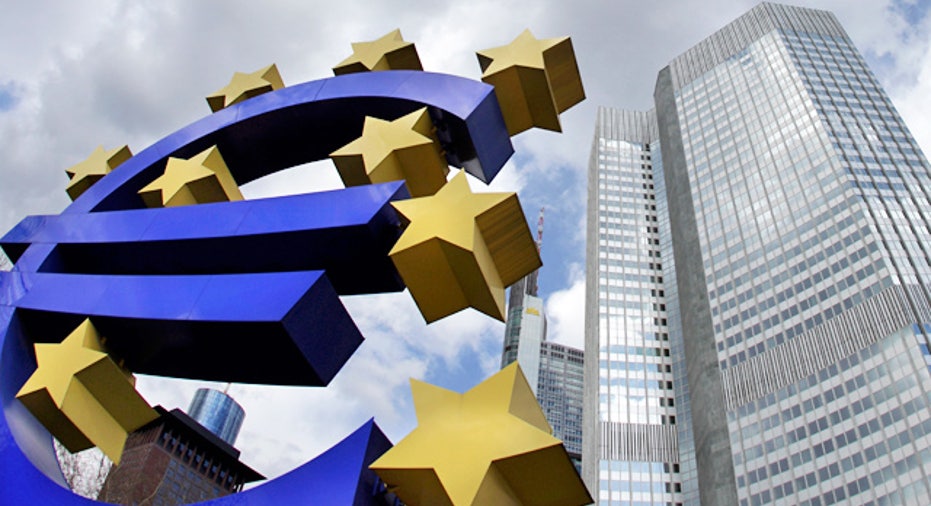EU's Barroso: Euro Zone Will Not Survive Without Action

The euro zone faces a systemic crisis and will not survive unless it becomes more integrated and disciplined, possibly through a change of the European Union's treaty, European Commission President Jose Manuel Barroso said on Wednesday.
The 17-nation bloc has entered what may be a critical phase of the two-year-long sovereign debt crisis with France, the region's second largest economy, now the target of intense bond market pressure and its borrowing costs soaring.
"We are indeed now facing a truly systemic crisis that requires an even stronger commitment from all and that may require additional and very important measures," Barroso told the European Parliament in Strasbourg.
"Without ... increased integration, convergence and discipline, we will not be able to sustain a common currency.
"Either member states accept it -- to complete the monetary union with an economic union that requires full discipline, full convergence, full integration -- or if they don't accept this we will put at risk our goal," he said.
Barroso said such deeper integration would require changes to the European Union's treaty, and therefore may take some time to achieve.
"Any revision of the treaty should be for deeper integration of the euro area but also for a stronger European Union," Barroso said.
"But let's not fool ourselves. Treaty change takes time and should not be seen as the immediate solution for the current crisis."
Barroso said deeper economic integration among euro zone members should not put the remaining 10 members of the European Union at a disadvantage.
"Reinforcing the governance of the euro is also reinforcing our union," Barroso said.
"There should not be any divide between the current 17 member states on one side and 10 on the other. Most of them, almost all of them, have a vocation to join the euro."
EURO ZONE STABILITY BONDS
He said that once this greater integration and discipline was achieved, it would be natural for the 17 countries sharing the euro to issue debt together -- what he called "stability bonds", which have also been called "euro bonds".
The Commission will present a study on such joint debt instruments next week.
"Such bonds could, if well designed, strengthen financial stability and fiscal discipline in the euro area and thus ... sustainable growth and job creation Europe," Barroso said.
Germany, which has the lowest financing costs in the euro zone, fiercely opposes any joint debt issuance, fearing it would encourage less fiscally prudent governments to overspend and raise borrowing costs for Berlin.
But Barroso said new instruments were needed to fight instability.
"There are no miracle solutions. We have got some kinds of instruments to fight the current financial instability in Europe. If we want to keep a common currency, something more is needed, in terms of the common instruments to fight this financial instability," he told the plenary of the European Parliament.
EURO ZONE RICH ENOUGH TO SOLVE ITS PROBLEMS
He also sounded skeptical about ideas to involve large emerging economies, such as China, in funding the euro zone bailout fund, the European Financial Stability Facility (EFSF), which is seeking new ways of raising cash to help finance Italy and Spain if markets cut them off from financing.
"The truth is that next to the United States, the European Union is the richest region in the world. And yet some are suggesting to depend on ... emerging economies -- countries that are much poorer than us indeed -- to rescue the European Union. I find it rather strange," Barroso said.
"The reality is stark: we have the resources in Europe to respond, provided there is the political will. The reality is that our member states spend more than what they receive from taxpayers. This is the reality," he added.
He said new measures to tighten surveillance of the budgets of euro zone countries and their economic targets would come into force as early as next month.
Barroso also said a two-year economic recovery had run out of steam -- echoing other senior European officials -- and that growth would be low at best, while unemployment would remain at about 10 percent for the next two years.
The euro zone's economy grew just 0.2 percent in the third quarter from the second, the EU said on Tuesday, and economists say the bloc is almost certainly heading for a recession.
"Our challenges are of a great magnitude," Barroso said.



















